We've all read stories about a bunny that eats carrots for strength. The origins of this orange root vegetable date back as far as 5, 000 years ago. in Central Asia, specifically the region of Afghanistan. It is gradually becoming popular in the Mediterranean as well.
An interesting fact is that the original color of carrots was white, also pink, yellow, green, purple, black, but by no means orange like today. Back in the 16th century, gardeners living in the Netherlands managed to cultivate orange carrots. Today, they are the most popular type of carrot and the yellow and red types of carrots can be found in Asian cuisine.
The Hellenes called the carrot Caroton, the Romans called it Carota and the Egyptians Galica. Here is what is contained in 100 grams of carrots: 41 kcal, 1 gram of proteins, 0 grams of fat, 10 grams of carbohydrates, 5 grams of sugars, 3 grams of sugars and 69 mg of sodium. This is the composition of a raw carrot.
If the carrot is frozen, it contains 36 kcal, 1 gram of proteins, 0 grams of fat, 8 grams of carbohydrates, 5 grams of sugars, 3 grams of fiber and 68 mg of sodium. The main ingredients of carrots are invert sugar, pectin, lecithin. That's why the famous carrot cake is so delicious.

However, the most important ingredients in it are the vitamins and they are: carotene (provitamin A), vitamin B1, B2, PP, C. There are also enzymes, essential oils, ternols, minerals such as calcium, sodium, potassium, magnesium, phosphorus, iodine, iron, trace elements such as manganese and copper.
Carrots also contain not very large amounts of valuable and irreplaceable amino acids. The carrots that contain the most carotene are those with a deep red or orange color. Of all the vegetables we know, carrots have the highest content of provitamin A (beta-carotene, up to 17 mg per 100 grams of product). Provitamin A has proven antioxidant properties.
This antioxidant protects us from malignant diseases. There is also cellulose in carrot juice and it helps maintaining a slimmer figure, helps us lose weight, works well on the digestive system, helps our body get rid of toxins. Regular carrot consumption can significantly improve your eyesight, because of the high amount of provitamin A.
Carrot juice contains much more carotene than tomatoes. However, you should know that carotene can be absorbed more easily if the juice is flavored with vegetable oil or lemon juice. Vitamin B in carrots supports memory and help with concentration. This vitamin also helps fight stress.
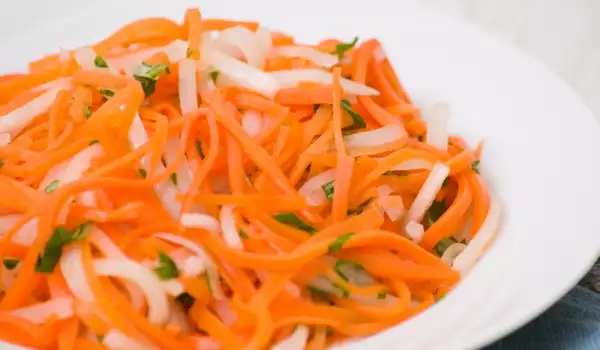
That's why you should eat more carrot salads and why not vitamin full salads, where useful substances are abundant. The same applies to healthy soups, which become irresistible when a carrot is added to them.






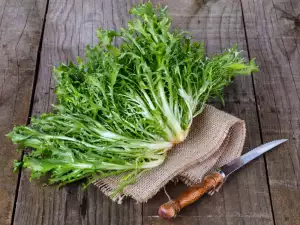
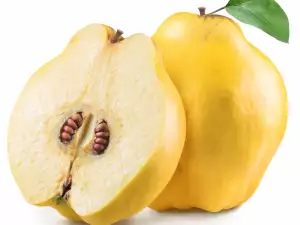
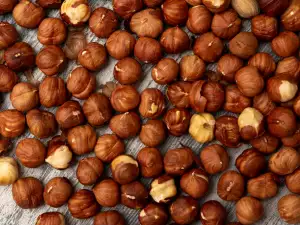
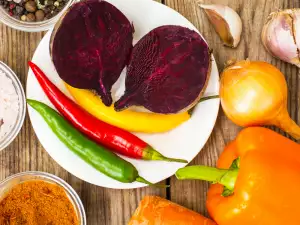
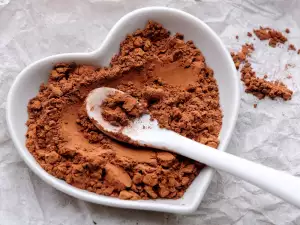



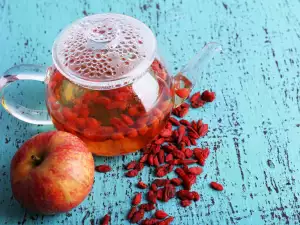
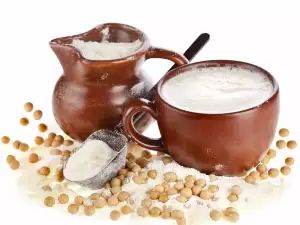




Comments